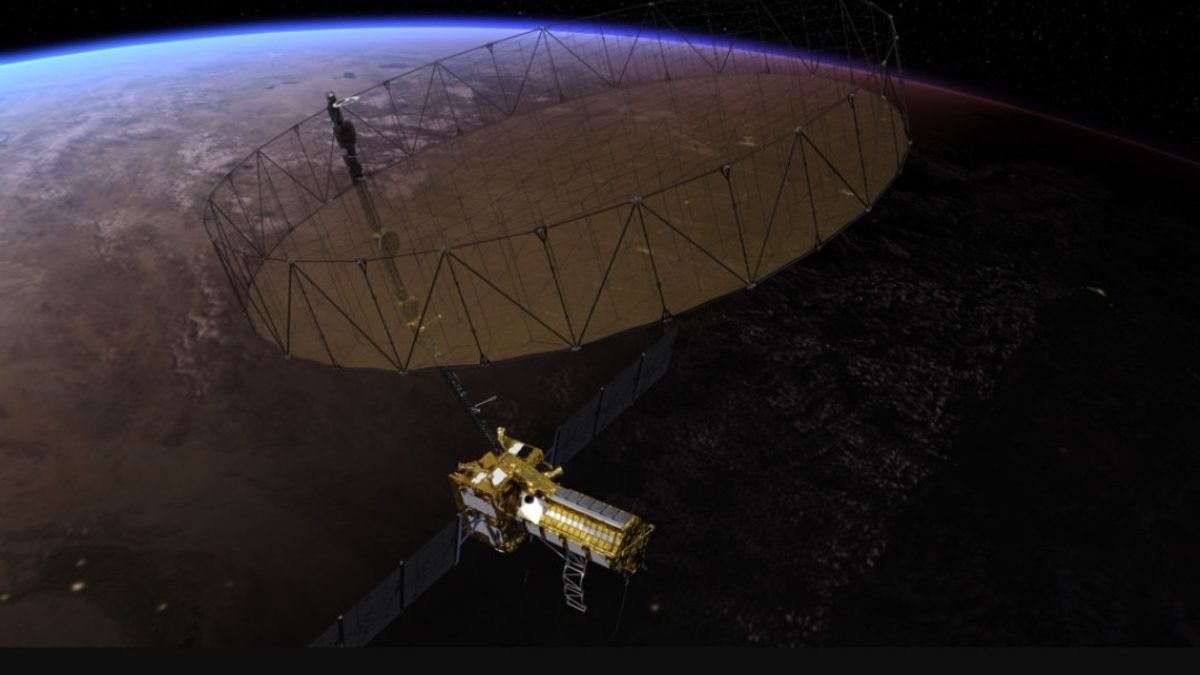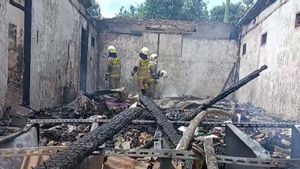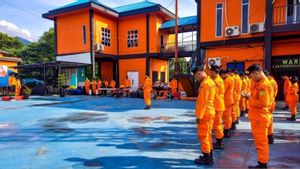JAKARTA NASA-ISROSynthetic Aperture Radar(NISAR) mission was supposed to be launched earlier this year. However, NASA announced that the launch of the mission would be delayed until the second half of this year. This delay occurred due to unfinished work, one of which was the installation of a special layer on satellite antenna reflectors. This one stage should be carried out to protect satellite antennas through temperature reduction. "Testing and analysis identify the reflector potential underwent higher temperatures than previously estimated in its in-flight storage configuration," NASA said in a statement released recently.NASA explained that the slow installation of this particular layer occurred due to the required reflector. There is a slight amount of complexity about the size of the reflector so that this component must be sent directly from the assembly location in India. Upon arrival in California, a team from NASA will test the thermal performance of the reflector layer. If it is in line with satellite needs, this reflector will be sent back to India for integration into the NISAR satellite.
SEE ALSO:
NASA and ISRO will re-discuss the launch date after thermal performance is verified. It is not known how long it will take to install the layer, but the launch date will be discussed again at the end of April. Some time ago, the Head of the Indian Space Research Organization (ISRO), S. Somanath, said that the launch of the NISAR will be delayed. He also revealed that there were some unfinished testing. "NISAR is still undergoing testing. It looks like (launching) its satellites may be delayed," Somanath said in an interview with theTimes of India. The ISRO official also gave the same launch prediction as stated by NASA. NISAR mission should be launched soon so that the two space agencies could observe the Earth's surface. The satellite will monitor changes from ice sheets and glaciers, wetland, forests, as well as land around the volcano and earthquake fractures.
The English, Chinese, Japanese, Arabic, and French versions are automatically generated by the AI. So there may still be inaccuracies in translating, please always see Indonesian as our main language. (system supported by DigitalSiber.id)


















